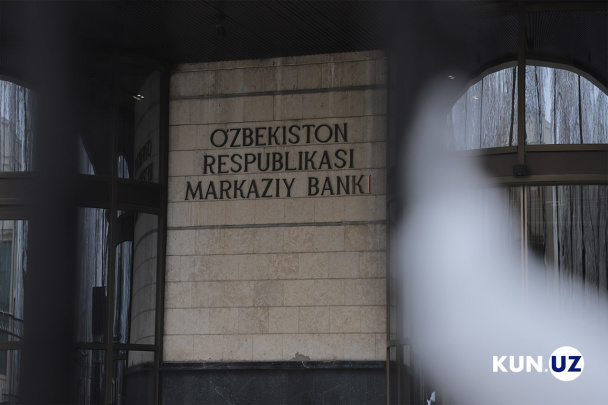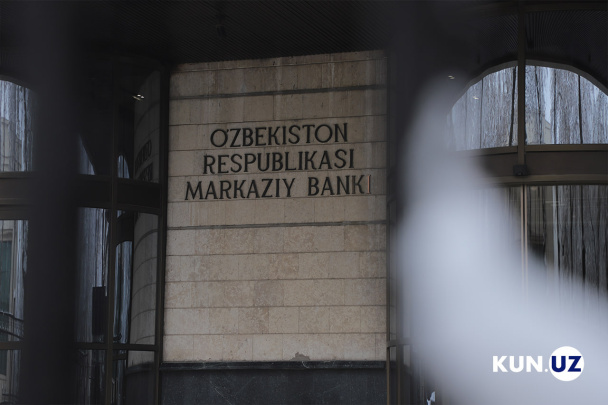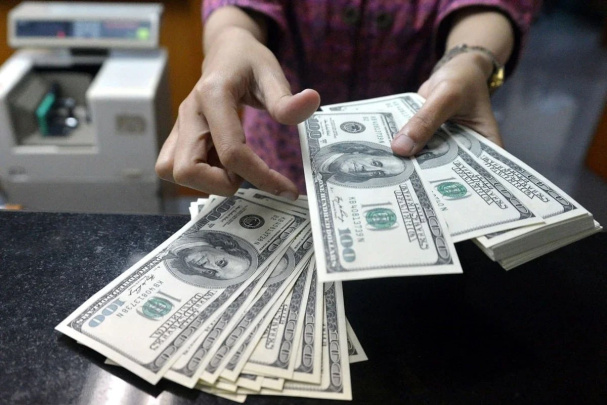Central Bank: Uzbekistan retains the risk of price increase for building materials

Photo: iStock
In the first quarter of this year, the increase in the annual growth rate of prices for non-food products was moderate, the press service of the Central Bank reports.
According to the regulator, non-food inflation fell from 12.5% in December last year to 10.4% in March, thanks to a reduction in the contribution of major components such as building materials and clothing. The general pro-inflationary pressure on non-food products was formed against the background of tax reform, increasing import duties and prices for energy resources.
In annual terms, the increase in prices in the main groups of non-food products was lower than inflation, while the prices for printed publications, communications, as well as detergents and cleaning products grew at the highest rates. At the same time, during the first quarter, prices for building materials and fuel for cars remained at the level of December of the previous year.
“During the reporting period, risks of higher prices for building materials remain, due to the traditional expansion of the volume of construction works in the II and III quarters. At the same time, an increase in the volume and diversification of domestic production of building materials, as well as their unimpeded import will play an important role in curbing the growth rate of prices for this group of goods,” the Central Bank states.
Stabilization of the supply of these goods in the domestic market, both from domestic producers and imports, improvement of competition conditions and moderate volatility of the national currency rate also served to reduce non-food inflation.
The CB said that in the future the main risk of rising prices for non-food products will retain the increase on energy prices. In addition, in Q1, restrained demand and competition for market share did not allow manufacturers and retailers to quickly transfer the effect of expanding the VAT base to the price. Taking into account these factors in the coming months, the delayed effects of changes in taxation may also appear, especially in the prices of locally produced goods.
Also, the annual inflation of services falling in January down to 14.9%, rose by 15.7% in March. In particular, in the first quarter, household services, communication services, recreation, sports and education significantly increased in price among services.
“It should be noted that in this period, the regulated prices for housing and communal services remained unchanged. At the same time, the impact of the increase in utility tariffs in November 2018 on annual inflation in the service sector also remains the same,” the Central Bank said.
The regulator reported that market services (in particular, household services) are being gradually indexed, adjusting to the increase in labor costs, taxes and energy. In March, a deferred increase in the cost of education in higher educational institutions of the country was manifested due to an increase in the size of the MMW from November 1, 2018. In addition, in the period under review, communication services (subscription fee for a landline phone), as well as recreation and tourism services rose in price significantly.
Related News

17:16 / 24.12.2024
Uzbekistan’s Central Bank joins Islamic Financial Services Board to advance Islamic finance

13:26 / 17.12.2024
Uzbekistan projects dollar exchange rate to reach 14,150 UZS by 2027

16:33 / 16.12.2024
Central Bank imposes fines on eight banks

14:25 / 13.12.2024



